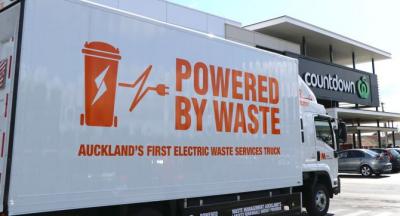According to the company’s Managing Director, Tom Nickels, sthe strategy lays the foundation to further reduce Waste Management’s greenhouse gas emissions in line with New Zealand’s climate change commitments and the Paris Agreement.
It also provides for specific approaches to sustainability across the business, working with the company’s communities, customers and internal teams.
“We are at a pivotal moment as the world strives to address climate change as well as the ongoing volatility in the global recycling market.,” he said. “The need for effective strategies in these areas is more pressing than ever.”
Through the Climate Leaders Coalition, Waste Management said that it has already committed to reducing its GHG emissions in line with the Paris Agreement in order to transition to the future low carbon economy.
“For Future Generations, will see us further reduce our emissions to help safeguard our environment,” continued Nickels. “Over the last two years, we have built New Zealand’s first electric vehicle conversion workshop and converted six of our national truck fleet to electric.”
“The potential reductions in diesel use and GHG emissions are significant as we continue to convert our fleet of 900 trucks and 300 cars,” he added.
Waste Management has six EV trucks on the road, and plans to have 20 of its national truck fleet converted in the next two years. The company is aiming to have 92 electric cars by the end of 2019.
Developed with specialist external stakeholder input and expert review, the company said that the strategy will include the formation of a new board of external advisors. Sir Rob Fenwick, one of the country’s leading businesspeople and environmentalists, will be the first expert in this role.





